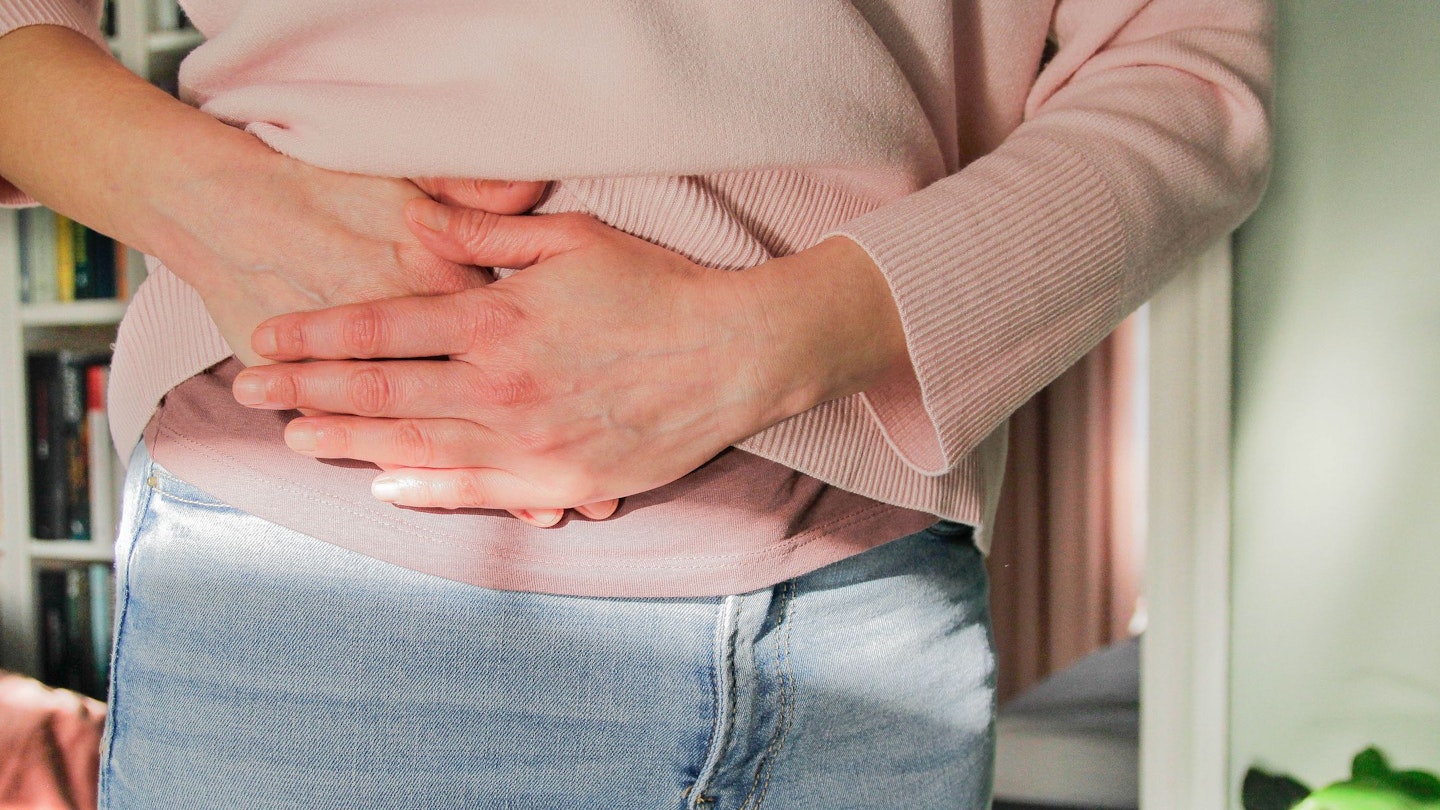When to see you GP, what to look out for, and next steps
Bowel cancer is one of the most common forms of cancer in the UK, and the NHS offers a screening programme to people over the age of 50. Nearly everyone reading this will have been affected by cancerin some way, whether they’ve had it, or supported friends, family or loved ones dealing with it.
April 2024 is bowel cancer awareness month, a good time to remind ourselves of the signs and symptoms to look out for, as well as other conditions that might present in a similar manner.
The bowel is divided into two parts – the large bowel and small bowel. The large bowel includes the colon and the rectum, and bowel cancer refers to cancer found anywhere in this area. How serious the cancer might be, depends on how large the growth is, if it’s spread, and your general health.
The bowel cancer screening programme may mean it can be detected earlier, making it easier to treat.
Yours spoke to Dr Aarthi Sinha, and NHS and private GP from Church Crescent Medical Practice, for more information.
Important: The NHS advises calling 999 or going to A&E straight away if you have the following symptoms:
-
you're bleeding non-stop from your bottom
-
there's a lot of blood, for example, the toilet water turns red or you see large blood clots
What are the symptoms of bowel cancer?
“The main symptoms linked to bowel cancer are bleeding from the back passage or in the poo, a persistent change in bowel habit, unexplained tiredness, appetite or weight loss, and unexplained lump or pain in the tummy,” Dr Sinha says.
“I generally advise my patients to see a doctor the first time that they have any of these symptoms – they are not usually due to bowel cancer, but it is essential to get checked to ensure this is the case.
In addition, everyone is different, so if you have any other symptoms that you are worried about, cannot explain or are not normal for you, please see you GP to discuss them.”
The overarching message from the NHS, Dr Sinha, and bowel cancer charities such as Bowel Cancer UK, is it’s better to be safe than sorry. If you’re worried, make a GP appointment to discuss your concerns.
As Dr Sinha says, these symptoms do not necessarily denote cancer, but there might be another condition that needs addressing. Bowel habits can change for all sorts of reasons – a change in diet, stress, a virus, but it’s a good idea to know what is normal for you and what isn’t.
Changes in bowel habits you should raise with your GP include:
-
Needing to poo more or less often
-
Feeling like you need to poo even after going to the toilet
-
A change to your poo, such as diarrhoea or constipation that’s not usual for you

Screening for bowel cancer explained
You might have already been contacted about the NHS bowel cancer screening programme. If you get a kit, it’s important to complete the test and send it back. Dr Sinha explains more:
“Everyone living in England, registered with a GP, between the ages of 60 and 74 years are sent a small sample bottle in the post with an envelope, to collect a poo sample and post back (known as a FIT test – Faecal Immunochemical Test). People over 75 can call and request a FIT screening test every 2 years in addition if they would like.
Since April 2021 the programme has been expanded to start including those between 50 and 59 years as well, so you may get a screening kit in the post unexpectedly – please send it back with your stool sample!”
The NHS bowel cancer screening programme is important as bowel cancer is the fourth most common type of cancer in the UK, and if we catch it early enough (before it spreads out of the bowel to the rest of the body) we can significantly reduce the risk of someone dying from this condition.
Bowel cancer can cause tiny traces of blood in the stool which we cannot see yet but that can be picked up on testing; the test is looking for a certain level of blood in the stool.”
What to do with your bowel cancer screening kit
“The instructions on how to collect and put the poo in the sample bottle can be found on the gov.uk website and are often provided in writing with the kits. If you are not sure, please ask your GP,” Dr Sinha advises.
The NHS also has a video explaining how to use a screening kit on its website. The results are quick and simple, as Dr Sinha explains:
“You will receive the results of your stool test within 2 weeks. This will either be ‘no further tests needed’ (98% of cases), which means you had no blood or an insignificant amount of blood in your stool, or ‘further tests needed’. This means there was a high enough level of blood in the stool to warrant further tests and you will receive an appointment for a colonoscopy in the post. This is where a thin flexible tube with a camera on the end is passed into the bottom to check the inside of the bowels for the cause of the blood in the poo.”
Important note from Dr Sinha: “It is essential to understand that this screening is for people who do not have any symptoms of concern (like a persistent change in bowel habit, blood or mucous in the stool, appetite or weight loss or unexplained abdominal pain). If you have these or other symptoms worrying you, do not rely solely on the screening test – speak to your GP as you may need other tests.”

If it's not bowel cancer, what could it be?
It’s obviously a worry if you get told more tests are needed after your sample, or if you go to the GP and they advise further investigation. As cliche as it sounds, try not to panic, because there are many other factors that can cause blood in the poo.
Dr Sinha says: “It’s important to be aware that there are lots of non-cancerous conditions that can cause a positive screening FIT test. This includes piles, haemorrhoids and a condition called diverticulitis (small pockets of inflammation in the bowel).
Some people have a family history of genetic conditions or bowel cancer that means they need more specialist or frequent screening and tests than the routine NHS bowel cancer screening programme. If you think this may the case for you, please ask your GP and they can advise and refer you appropriately as needed.”
What are the further tests for bowel cancer, and what are the next steps?
“If you are found to have an abnormal result on the screening FIT test, you are automatically sent for a colonoscopy test. This does not go through your GP (although they will be aware of what is happening). A specialist doctor will do the test and explain any results to you.
If you see your GP for any of the above symptoms, they may also separately send you for a FIT test. If this comes back as abnormal, or if they think the symptoms alone are serious enough, they will refer you under the NHS FDS (Faster Diagnosis Service) where you will be seen by a specialist and have a diagnosis of cancer excluded or confirmed within 28 days.
Your GP can also refer you to a bowel specialist on a routine, non-urgent referral for other bowel conditions they pick up such as diverticulitis or haemorrhoids. The waiting time for this depends on your local area.”
What is the bowel cancer survival rate?
It’s impossible to predict how bowel cancer will affect any individual. It depends on how large the growth is, whether it has spread, the individual’s overall health, and many other factors.
Cancer Research UK says it’s impossible to say exactly how long you will live with bowel cancer, but they do give a list of general statistics on survival rates for of bowel cancer. These stats are based on UK residents diagnosed between 2016 and 2020, and states that around 90% or people with stage 1 bowel cancer will live for 5 years or more following their diagnosis.
A final word from Dr Sinha
“As an NHS and private GP, I see a lot of people who are embarrassed about doing the screening test or are not sure why they need to do it if they are well, or do not like the idea of a colonoscopy.
Most importantly people are often really scared and worried about potentially finding a cancer. I would always recommend that you have a conversation with your GP; I often find once we talk through the test and the reasons and benefits behind it, people feel re-assured about doing the test.
Sending one poo sample really can save your life in some cases. The NHS Bowel Cancer screening programme has a free helpline (0800 707 60 60) for you to get more information.”
Helpful websites for more information
Dr Aarthi Sinha has been a GP for almost ten years. After completing her training at the Guy’s, King’s and St Thomas Hospital Trust, she settled in North London where she now runs the Church Crescent medical practice.
Becky Fuller is a senior digital writer for Yours.co.uk. She is also a fully qualified personal trainer and strength coach, specialising in fitness and wellbeing for over 50s. Prior to joining Yours, Becky was a fitness writer for Saga, and a freelance entertainment and theatre journalist. Becky is passionate about helping people to move well and discover the many benefits of strength training.
